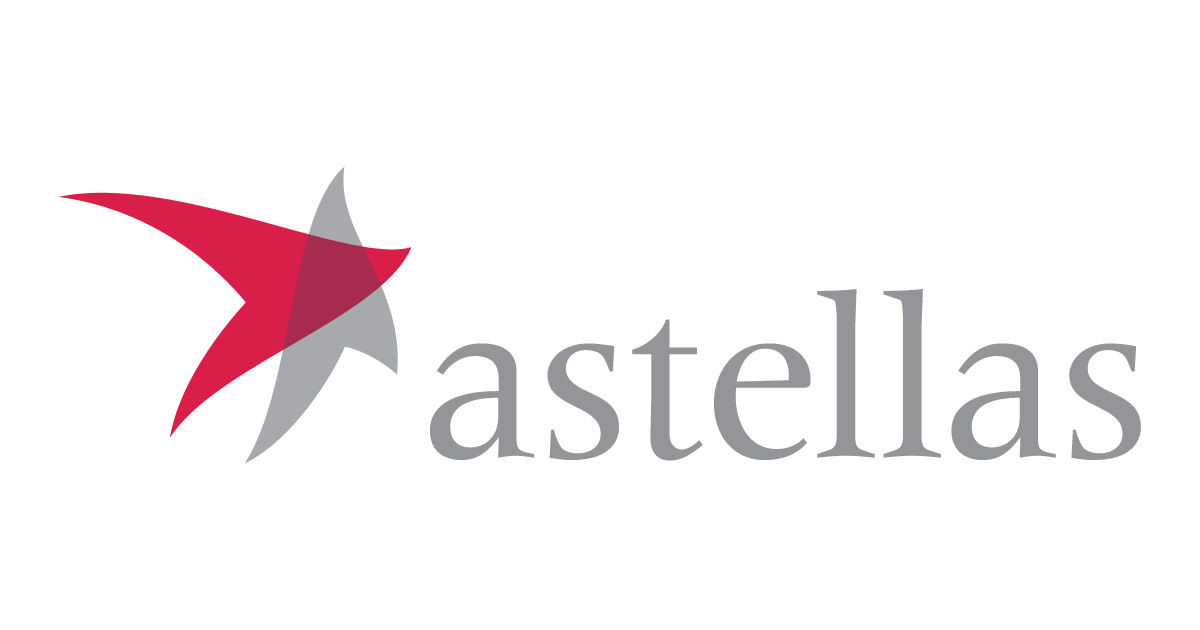预约演示
更新于:2025-05-07
Jomaa Pharma GmbH
私营公司
私营公司
更新于:2025-05-07
概览
关联
2
项与 Jomaa Pharma GmbH 相关的药物作用机制 50S subunit抑制剂 [+2] |
在研机构- |
在研适应症- |
非在研适应症 |
最高研发阶段终止 |
首次获批国家/地区- |
首次获批日期- |
作用机制 氧化还原酶类抑制剂 [+1] |
在研机构- |
在研适应症- |
最高研发阶段终止 |
首次获批国家/地区- |
首次获批日期- |
4
项与 Jomaa Pharma GmbH 相关的临床试验NCT02198807
A Phase IIa Proof of Concept Study to Explore the Efficacy, Tolerability and Safety of Fosmidomycin Sodium When Administered With Piperaquine Tetraphosphate to Adults and Older Children With Acute Uncomplicated Plasmodium Falciparum Malaria
The objective of this study is to explore the role of fosmidomycin and piperaquine as non-artemisinin-based combination therapy for acute uncomplicated Plasmodium falciparum when administered over three days.
Together, fosmidomycin and piperaquine fulfil the WHO criteria for combination therapy by meeting the three key parameters of having different modes of action and different biochemical targets while exhibiting independent blood schizonticidal activity. Like the artemisinins, fosmidomycin is fast-acting, has an excellent safety record and is active against existing drug-resistant parasites. Piperaquine has a long half life protecting fosmidomycin as a much shorter lived molecule against selection of resistant parasites and will provide post-treatment prophylaxis.
Together, fosmidomycin and piperaquine fulfil the WHO criteria for combination therapy by meeting the three key parameters of having different modes of action and different biochemical targets while exhibiting independent blood schizonticidal activity. Like the artemisinins, fosmidomycin is fast-acting, has an excellent safety record and is active against existing drug-resistant parasites. Piperaquine has a long half life protecting fosmidomycin as a much shorter lived molecule against selection of resistant parasites and will provide post-treatment prophylaxis.
开始日期2014-03-01 |
申办/合作机构 |
NCT01464138
Evaluation of Fosmidomycin and Clindamycin in the Treatment of Acute Uncomplicated Plasmodium Falciparum Malaria in Children
This is an open label uncontrolled study to determine the efficacy of fosmidomycin and clindamycin when co-administered orally over three days in the treatment of acute uncomplicated Plasmodium falciparum malaria in children.
The primary study endpoints will be the cure rate on Day 28 (PCR corrected). The secondary endpoints will be the cure rate on Day 7 and the parasite and fever clearance times.
The primary study endpoints will be the cure rate on Day 28 (PCR corrected). The secondary endpoints will be the cure rate on Day 7 and the parasite and fever clearance times.
开始日期2010-09-01 |
申办/合作机构 Jomaa Pharma GmbH [+1] |
NCT01464125
Evaluation of Fosmidomycin and Azithromycin When Administered Concurrently to Adult Subjects With Acute Uncomplicated Plasmodium Falciparum Malaria
The aim of this study is to evaluate the role of azithromycin as a possible combination partner for fosmidomycin to protect it from its susceptibility to recrudescent infections when used as monotherapy for acute Plasmodium falciparum malaria while retaining its excellent safety profile.
开始日期2008-11-01 |
申办/合作机构 Jomaa Pharma GmbH [+2] |
100 项与 Jomaa Pharma GmbH 相关的临床结果
登录后查看更多信息
0 项与 Jomaa Pharma GmbH 相关的专利(医药)
登录后查看更多信息
14
项与 Jomaa Pharma GmbH 相关的文献(医药)2016-10-01·Journal of Infectious Diseases2区 · 医学
Whole-Genome Sequencing to Evaluate the Resistance Landscape Following Antimalarial Treatment Failure With Fosmidomycin-Clindamycin
2区 · 医学
Article
作者: Bassat, Quique ; Sundararaman, Sesh A ; Guggisberg, Ann M ; Cisteró, Pau ; Odom, Audrey R ; Mayor, Alfredo ; Kremsner, Peter G ; Lanaspa, Miguel ; Moraleda, Cinta ; Hahn, Beatrice H ; González, Raquel ; Hutchinson, David
2012-06-01·Antimicrobial Agents and Chemotherapy2区 · 医学
Inadequate Efficacy of a New Formulation of Fosmidomycin-Clindamycin Combination in Mozambican Children Less than Three Years Old with Uncomplicated Plasmodium falciparum Malaria
2区 · 医学
Article
作者: Menéndez, Clara ; González, Raquel ; Alonso, Pedro ; Bassat, Quique ; Kremsner, Peter G. ; Moraleda, Cinta ; Serrano, Beatriz ; Lanaspa, Miguel ; Macete, Eusebio ; Hutchinson, David ; Cisteró, Pau ; Machevo, Sónia ; Mayor, Alfredo
2008-12-01·Malaria Journal3区 · 医学
Assessment of the pharmacokinetics and dynamics of two combination regimens of fosmidomycin-clindamycin in patients with acute uncomplicated falciparum malaria
3区 · 医学
ArticleOA
作者: Kesara Na-Bangchang ; Sornchai Looareesuwan ; Vick Banmairuroi ; David K. Hutchinson ; Anurak Chauemung ; Ronnatrai Ruangweerayut
100 项与 Jomaa Pharma GmbH 相关的药物交易
登录后查看更多信息
100 项与 Jomaa Pharma GmbH 相关的转化医学
登录后查看更多信息
组织架构
使用我们的机构树数据加速您的研究。
登录
或

管线布局
2026年02月08日管线快照
管线布局中药物为当前组织机构及其子机构作为药物机构进行统计,早期临床1期并入临床1期,临床1/2期并入临床2期,临床2/3期并入临床3期
其他
2
登录后查看更多信息
当前项目
| 药物(靶点) | 适应症 | 全球最高研发状态 |
|---|---|---|
克林霉素磷酸酯/膦胺霉素 ( 50S subunit x Oxidoreductases ) | 疟疾 更多 | 终止 |
膦胺霉素 ( Oxidoreductases ) | 恶性疟 更多 | 终止 |
登录后查看更多信息
药物交易
使用我们的药物交易数据加速您的研究。
登录
或

转化医学
使用我们的转化医学数据加速您的研究。
登录
或

营收
使用 Synapse 探索超过 36 万个组织的财务状况。
登录
或

科研基金(NIH)
访问超过 200 万项资助和基金信息,以提升您的研究之旅。
登录
或

投资
深入了解从初创企业到成熟企业的最新公司投资动态。
登录
或

融资
发掘融资趋势以验证和推进您的投资机会。
登录
或

生物医药百科问答
全新生物医药AI Agent 覆盖科研全链路,让突破性发现快人一步
立即开始免费试用!
智慧芽新药情报库是智慧芽专为生命科学人士构建的基于AI的创新药情报平台,助您全方位提升您的研发与决策效率。
立即开始数据试用!
智慧芽新药库数据也通过智慧芽数据服务平台,以API或者数据包形式对外开放,助您更加充分利用智慧芽新药情报信息。
生物序列数据库
生物药研发创新
免费使用
化学结构数据库
小分子化药研发创新
免费使用
